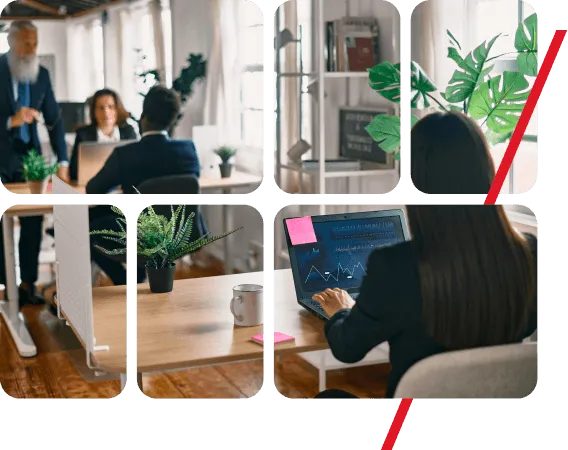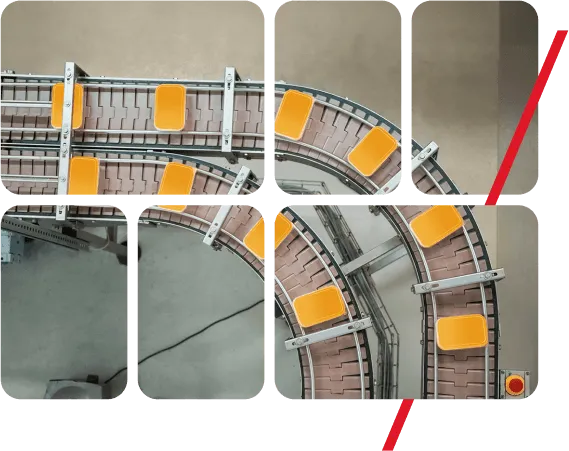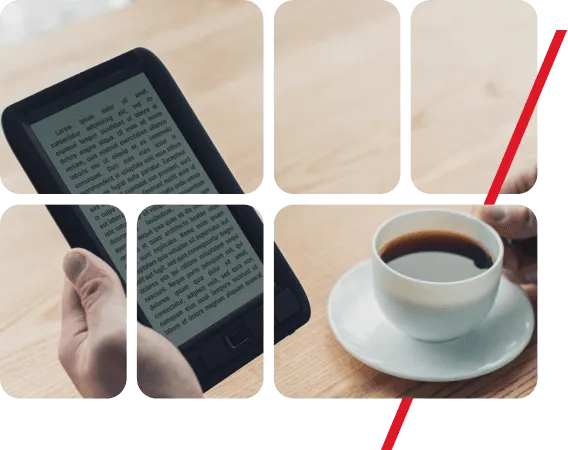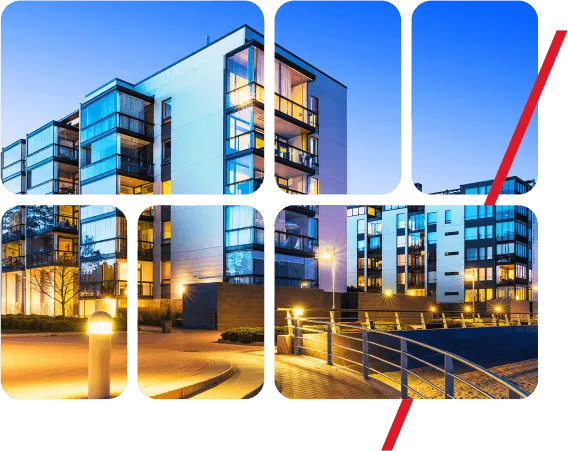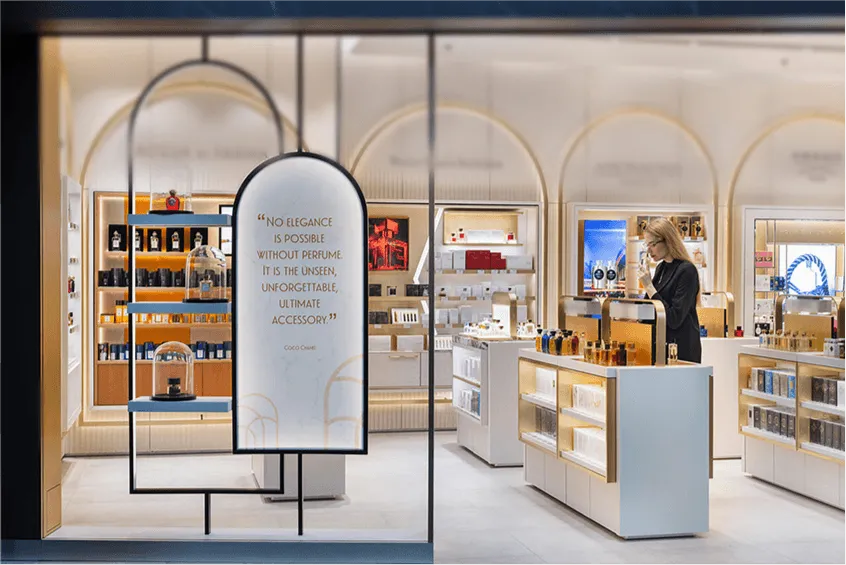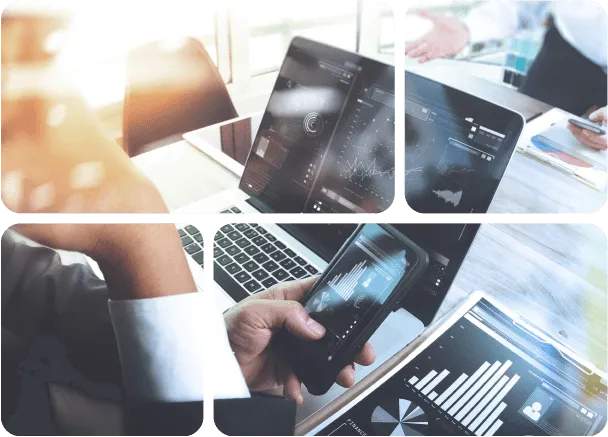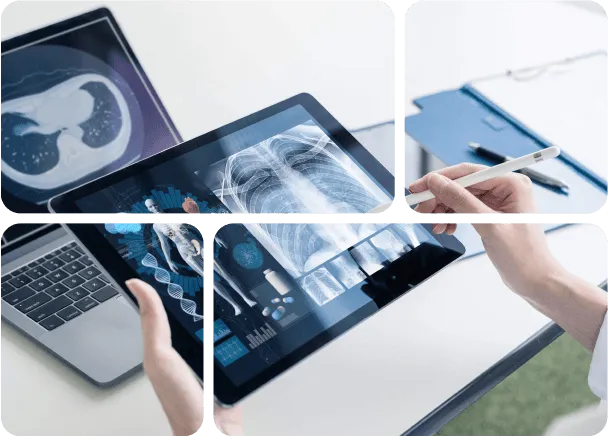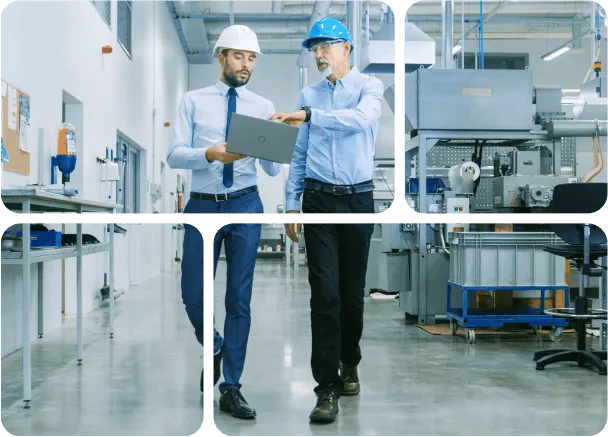The retail industry is undergoing a transformative shift, driven by the rapid growth of e-commerce, changing consumer behavior, and the ever-increasing demand for operational efficiency. Modern retailers face a multitude of challenges, including intense competition, complex supply chains, and the need to provide seamless omnichannel experiences.
One of the most significant hurdles retailers encounter is managing inventory effectively across multiple channels. With the rise of e-commerce, customers expect real-time visibility into product availability and swift order fulfillment. Failure to meet these expectations can lead to lost sales, customer dissatisfaction, and eroded brand loyalty.
Moreover, the traditional brick-and-mortar model is no longer sufficient in today’s digital age. Retailers must adapt to the evolving shopping habits of consumers, who increasingly expect personalized experiences, convenient delivery options, and seamless integration between online and offline channels.
To thrive in this dynamic environment, retailers must embrace operational excellence by streamlining processes, optimizing supply chains, and leveraging data-driven insights. This is where advanced Enterprise Resource Planning (ERP) solutions come into play, offering a comprehensive approach to managing and integrating all aspects of a retail business, from inventory and supply chain management to customer relationship management and financial operations.
What is an ERP System?
Enterprise Resource Planning (ERP) systems are comprehensive software solutions designed to integrate and streamline various business processes and operations within an organization. These systems serve as a centralized hub, connecting different departments and functions, enabling seamless data flow and efficient resource management.
At its core, an ERP system consists of several interconnected modules that cater to specific business areas. Some of the core modules include:
1. Financial Management: This module handles accounting, budgeting, financial reporting, and other financial operations, providing real-time visibility into the organization’s financial health.
2. Supply Chain Management: This module optimizes the flow of goods and services, from procurement and inventory management to distribution and logistics, ensuring efficient supply chain operations.
3. Human Resources Management: This module manages employee data, payroll, benefits, recruitment, and performance tracking, facilitating effective workforce management.
4. Customer Relationship Management (CRM): This module centralizes customer data, sales processes, and customer interactions, enabling organizations to deliver superior customer experiences.
5. Manufacturing and Operations Management: This module oversees production planning, scheduling, quality control, and other manufacturing processes, ensuring efficient operations and optimized resource utilization.
The primary benefits of implementing an ERP system for businesses include:
1. Integrated Data and Processes: ERP systems consolidate data from various departments into a single database, eliminating data silos and ensuring consistent and accurate information across the organization.
2. Improved Operational Efficiency: By streamlining and automating processes, ERP systems reduce manual efforts, minimize errors, and enhance overall productivity and efficiency.
3. Better Decision-Making: With real-time access to comprehensive data and analytics, businesses can make informed decisions based on accurate and up-to-date information.
4. Cost Savings: By optimizing processes, reducing redundancies, and improving resource utilization, ERP systems can lead to significant cost savings for businesses.
5. Scalability and Flexibility: ERP systems are designed to adapt to changing business needs, enabling organizations to scale operations and introduce new processes or modules as required.
Advantages of Custom ERP for Retail
Retail operations are inherently complex, with numerous moving parts that need to be seamlessly integrated. Off-the-shelf ERP solutions often fall short in addressing the unique challenges and requirements of the retail industry. This is where custom ERP solutions shine, offering a tailored approach that aligns with the specific needs of a retail business.
One of the primary advantages of a custom ERP system is its ability to cater to the specific processes and workflows of a retail operation. From inventory management to supply chain logistics, custom ERP solutions can be designed to streamline and optimize every aspect of the retail value chain. This level of customization ensures that the system is a perfect fit for the organization, eliminating the need for workarounds or compromises.
Scalability is another critical benefit of custom ERP solutions. As retail businesses grow and expand, their operations become increasingly complex. A custom ERP system can be designed with scalability in mind, allowing for seamless integration of new processes, locations, and channels without compromising efficiency or functionality.
Integration with existing systems is often a significant challenge for retailers adopting new software solutions. Custom ERP development addresses this issue by ensuring seamless integration with legacy systems, third-party applications, and other tools used by the organization. This integration facilitates data exchange, eliminates redundancies, and promotes a cohesive and efficient operational environment.
Moreover, custom ERP solutions offer flexibility and adaptability, enabling retailers to respond quickly to changing market conditions, customer preferences, and regulatory requirements. With a tailored system, businesses can easily modify processes, introduce new features, or pivot their strategies without being constrained by the limitations of off-the-shelf solutions.
Inventory Management Optimization
Effective inventory management is critical for retailers to ensure product availability, minimize excess stock, and reduce carrying costs. Advanced ERP solutions offer powerful tools to optimize inventory levels across multiple locations, channels, and product lines. Real-time tracking capabilities provide accurate visibility into stock levels, enabling proactive replenishment and preventing stockouts.
Moreover, ERP systems leverage AI and machine learning algorithms to analyze historical sales data, market trends, and customer behavior patterns. This allows for precise demand forecasting, enabling retailers to anticipate fluctuations in demand and adjust inventory accordingly. By aligning stock levels with projected demand, retailers can minimize excess inventory while ensuring sufficient stock to meet customer needs.
Integrated order management functionality streamlines the fulfillment process, ensuring orders are efficiently routed and shipped from the optimal location. This not only enhances customer satisfaction through timely deliveries but also reduces logistics costs by minimizing unnecessary product transfers between warehouses or stores.
With real-time inventory tracking, demand forecasting, and optimized order fulfillment, retailers can maintain lean inventory levels, reduce carrying costs, and improve overall operational efficiency, ultimately driving profitability and customer satisfaction.
Integrating AI and Analytics
The integration of AI and advanced analytics into ERP systems has revolutionized the way retailers approach inventory management, demand forecasting, and customer behavior analysis. By leveraging machine learning algorithms and predictive analytics, retailers can gain invaluable insights into consumer preferences, purchasing patterns, and market trends.
Predictive analytics empowers retailers to anticipate future demand more accurately, enabling them to optimize inventory levels and minimize overstocking or stockouts. By analyzing historical sales data, seasonal fluctuations, and external factors such as weather patterns or economic conditions, AI-powered ERP solutions can generate highly accurate demand forecasts. This proactive approach ensures that retailers have the right products in the right quantities at the right time, reducing waste and maximizing profitability.
Moreover, AI-driven customer behavior analysis allows retailers to gain a deeper understanding of their target audience. By mining data from various sources, including loyalty programs, social media interactions, and online browsing behavior, ERP systems can identify consumer preferences, purchasing motivations, and emerging trends. This valuable information can inform product development, marketing strategies, and personalized recommendations, enhancing the overall customer experience.
Furthermore, AI-powered ERP solutions can detect anomalies and patterns in sales data, enabling retailers to quickly identify and respond to shifts in demand or potential supply chain disruptions. By continuously monitoring and analyzing data streams, these systems can provide real-time alerts and recommendations, allowing retailers to make informed decisions and adapt their operations swiftly.
Supply Chain Operations
Retail supply chains are intricate networks involving multiple suppliers, vendors, logistics providers, and distribution channels. An advanced ERP system acts as the central nervous system, seamlessly integrating and coordinating these various components for optimal efficiency.
Effective supplier management is crucial for maintaining a steady flow of inventory and minimizing stockouts or overstocking. ERP solutions enable retailers to closely monitor supplier performance, track orders, and manage contracts and pricing agreements. Automated reordering processes can be triggered based on real-time sales data and predetermined reorder points, ensuring timely replenishment.
Logistics optimization is another key area where ERP systems excel. By analyzing historical data, demand forecasts, and transportation routes, these solutions can help retailers identify the most cost-effective and efficient modes of transportation. Route planning and load optimization features ensure that products are delivered to stores or distribution centers in a timely and cost-effective manner.
Vendor collaboration is also facilitated through ERP platforms, allowing retailers to share forecasts, production schedules, and other critical information with their suppliers. This transparency and real-time data exchange enable better coordination and proactive planning, reducing lead times and minimizing disruptions in the supply chain.
Moreover, ERP systems often integrate with warehouse management systems (WMS) and transportation management systems (TMS), providing end-to-end visibility and control over the entire supply chain process. This seamless integration eliminates data silos and ensures that information flows seamlessly across various departments and partners, enabling informed decision-making and rapid response to changing market conditions.
Improving Customer Experience
A robust ERP system empowers retailers to deliver exceptional customer experiences by facilitating omnichannel integration, personalized marketing, and effective loyalty programs. With a centralized view of customer data and preferences, retailers can seamlessly blend their online and offline channels, ensuring a consistent and cohesive shopping journey.
Omnichannel integration allows customers to start their shopping experience on one channel, such as a website or mobile app, and continue or complete it on another, like in-store or via a call center. This seamless transition enhances convenience and fosters brand loyalty. ERP solutions enable real-time synchronization of inventory, order, and customer data across all touchpoints, ensuring a unified and up-to-date experience.
Moreover, ERP systems empower retailers to leverage customer data for personalized marketing campaigns. By analyzing purchase histories, browsing patterns, and demographic information, retailers can tailor product recommendations, promotions, and communications to individual customers’ preferences and behaviors. This level of personalization not only enhances customer satisfaction but also drives higher conversion rates and customer lifetime value.
Effective loyalty programs are another key aspect of customer experience management facilitated by ERP solutions. By tracking customer interactions, purchases, and engagement across channels, retailers can design and implement loyalty programs that reward their most valuable customers. Personalized rewards, exclusive offers, and tailored experiences cultivate a sense of appreciation and foster long-term customer relationships.
With an integrated ERP system, retailers can truly put the customer at the center of their operations, delivering a cohesive, personalized, and rewarding experience that drives loyalty, repeat business, and long-term growth.
Case Studies: Retailers Leveraging ERP
Walmart: Walmart’s extensive ERP implementation has been crucial in managing its vast operations, spanning over 11,000 stores across 28 countries. By integrating its supply chain, inventory management, and point-of-sale systems, Walmart has achieved remarkable efficiency gains. Their ERP solution has enabled real-time visibility into stock levels, streamlined order fulfillment, and optimized logistics, resulting in significant cost savings and improved customer satisfaction.
Zara: The fast-fashion giant, Zara, has leveraged ERP solutions to maintain its competitive edge in the industry. Their ERP system seamlessly connects design, production, distribution, and retail operations, enabling rapid response to changing consumer demands. By integrating AI-driven demand forecasting and inventory management, Zara has minimized excess stock and enhanced its ability to introduce new products swiftly, contributing to its agility and profitability.
Best Buy: Best Buy’s ERP implementation has revolutionized its omnichannel retail strategy. By integrating its online and brick-and-mortar operations, the company has improved inventory visibility, enabling customers to purchase products online and pick them up in-store or have them delivered seamlessly. This seamless experience has enhanced customer satisfaction and loyalty, while also optimizing inventory levels and reducing operational costs.
Sephora: The cosmetics retailer, Sephora, has leveraged ERP solutions to enhance its customer experience and drive sales. Their ERP system integrates customer data, inventory management, and marketing campaigns, enabling personalized product recommendations and targeted promotions. Additionally, Sephora’s ERP solution has streamlined its supply chain operations, ensuring timely product availability and reducing stockouts, contributing to increased customer satisfaction and revenue growth.
These success stories demonstrate the transformative potential of tailored ERP solutions in the retail industry. By optimizing operations, enhancing customer experiences, and driving profitability, ERP implementations have become a competitive necessity for retailers seeking to thrive in the modern business landscape.
Implementing and Optimizing ERP Solutions
Implementing an ERP system is a transformative process that requires careful planning and execution. Change management is a critical aspect, as it involves aligning the organization’s culture, processes, and people with the new system. Effective communication and training are essential to ensure a smooth transition and user adoption.
Data migration is another crucial step in the implementation process. Retailers must ensure that their existing data is accurately transferred to the new ERP system, minimizing disruptions and maintaining data integrity. This process often involves data cleansing, mapping, and validation to ensure consistency and accuracy.
Comprehensive training programs are vital for ensuring that employees at all levels understand the new system’s functionalities and can leverage its capabilities effectively. Training should be tailored to different roles and responsibilities, providing hands-on experience and addressing potential challenges or concerns.
Once the ERP system is implemented, continuous improvement is key to maximizing its benefits. Retailers should regularly review their processes, identify bottlenecks or inefficiencies, and make necessary adjustments. This may involve optimizing workflows, integrating new technologies, or leveraging advanced analytics to gain deeper insights into operations.
Regular system updates and upgrades are also essential to ensure that the ERP solution remains up-to-date with the latest features, security patches, and industry best practices. Retailers should work closely with their ERP providers or consultants to stay informed about new developments and plan for seamless upgrades.
By embracing change management, effective data migration, comprehensive training, and a commitment to continuous improvement, retailers can successfully implement and optimize their ERP solutions, enabling streamlined operations, enhanced efficiency, and a competitive edge in the dynamic retail landscape.
Consulting for Custom ERP Development
Implementing an ERP system is a complex and critical undertaking for any retail business. While off-the-shelf solutions may seem tempting, they often fail to address the unique needs and challenges of your organization fully. This is where consulting for tailored ERP development becomes crucial.
Expert guidance from seasoned professionals can help you navigate the intricate process of ERP implementation. They possess a deep understanding of retail operations, industry best practices, and the latest technological advancements. By conducting a comprehensive assessment of your current processes, pain points, and future goals, they can recommend the most suitable ERP solution tailored to your specific requirements.
Customization is key to maximizing the benefits of an ERP system. A one-size-fits-all approach rarely delivers optimal results. Experienced consultants can work closely with your team to customize the ERP solution, ensuring it seamlessly integrates with your existing systems and workflows. This level of personalization not only streamlines operations but also fosters user adoption, minimizing resistance and ensuring a smooth transition.
Moreover, reputable consulting firms offer ongoing support and maintenance services. As your business evolves, your ERP system may require updates, modifications, or integrations with new technologies. Having a dedicated support team at your disposal ensures that your ERP solution remains up-to-date, efficient, and aligned with your changing needs.
By partnering with experienced ERP consultants, you gain access to a wealth of knowledge, industry expertise, and proven methodologies. Their guidance can help you avoid common pitfalls, mitigate risks, and maximize the return on your ERP investment. Ultimately, a tailored ERP solution can empower your retail operations, driving efficiency, profitability, and long-term success in an increasingly competitive market.


